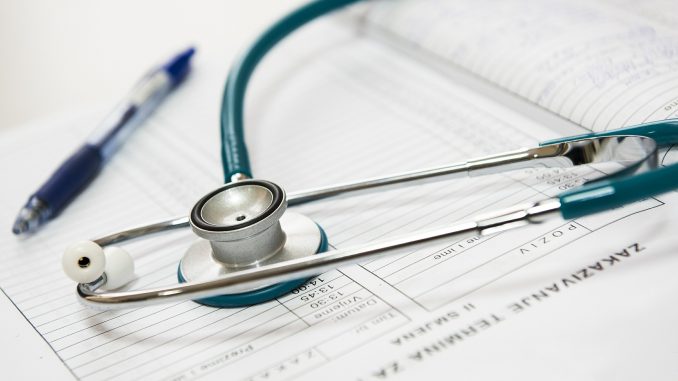
A new government report has shown that the NHS in England is making millions of errors every year, which could be a contributing factor for up to 22,300 deaths across the health service. Some of the main reasons for these errors outlined in the report include a lack of communication between GPs and hospitals, patients being given the wrong medication or doses and failure to monitor patients properly. The report found that there were over 230 million errors across the NHS last year.
The report said: “We estimate that 61.4 million and 4.8 million errors occur in England per annum that have potential to cause moderate or severe harm, respectively.” Although a large proportion of these errors were considered low risk, there are some which could be fatal to like prescribing the wrong drugs to seriously ill patients in hospital. On average, over 700 deaths were linked to reactions to incorrect medication last year.
Although the government has recently announced its plans to improve the safety of patients by introducing measures to reduce these errors, doctors have warned that high workloads were “having a huge impact on patient safety”. Jeremy Hunt commented that “This new study shows medication error in the NHS and globally is a far bigger problem than generally recognised, causing appalling levels of harm and death that are totally preventable.”
The government hope that the introduction of the new electronic system for prescription will bring down the number of errors “by up to 50 per cent”. A new measure will also be put in place which will help to protect pharmacists from being prosecuted when a genuine error has taken place that they couldn’t have been aware of. Professor Helen Stokes-Lampard, chair of the RCGP, said that doctors “are human and mistakes occasionally happen”.
She added “The long lasting solution to this is a properly funded NHS with enough staff to deliver safe patient care. What is essential, is that highlighting that prescribing errors do occasionally happen is not used to admonish hardworking NHS staff – including GPs – for making genuine mistakes. But to address the root cause, and in general practice that is intense resource and workforce pressures, meaning that workloads and working hours are often unsafe for GPs and our teams.”
MP Justin Madders said: “It’s essential the Government gives the NHS every support possible to reduce avoidable mistakes. If we want the NHS to be the safest in the world then there are fundamental issues that need to be addressed. Ministers have to be much clearer about what extra funding and capacity they’ll be providing so that NHS staff can to do their jobs to the best of their ability, without mistakes, and to really ensure our NHS is as safe for patients as it can possibly be.”
Professor of Health Economics at the University of York, Mark Sculpher, said: “Although these error rates may look high, there is no evidence suggesting they differ markedly from those in other high-income countries. Almost three in four errors would never harm patients and some may be picked up before they reach the patients, but more research is needed to understand just how many that is.


Leave a Reply